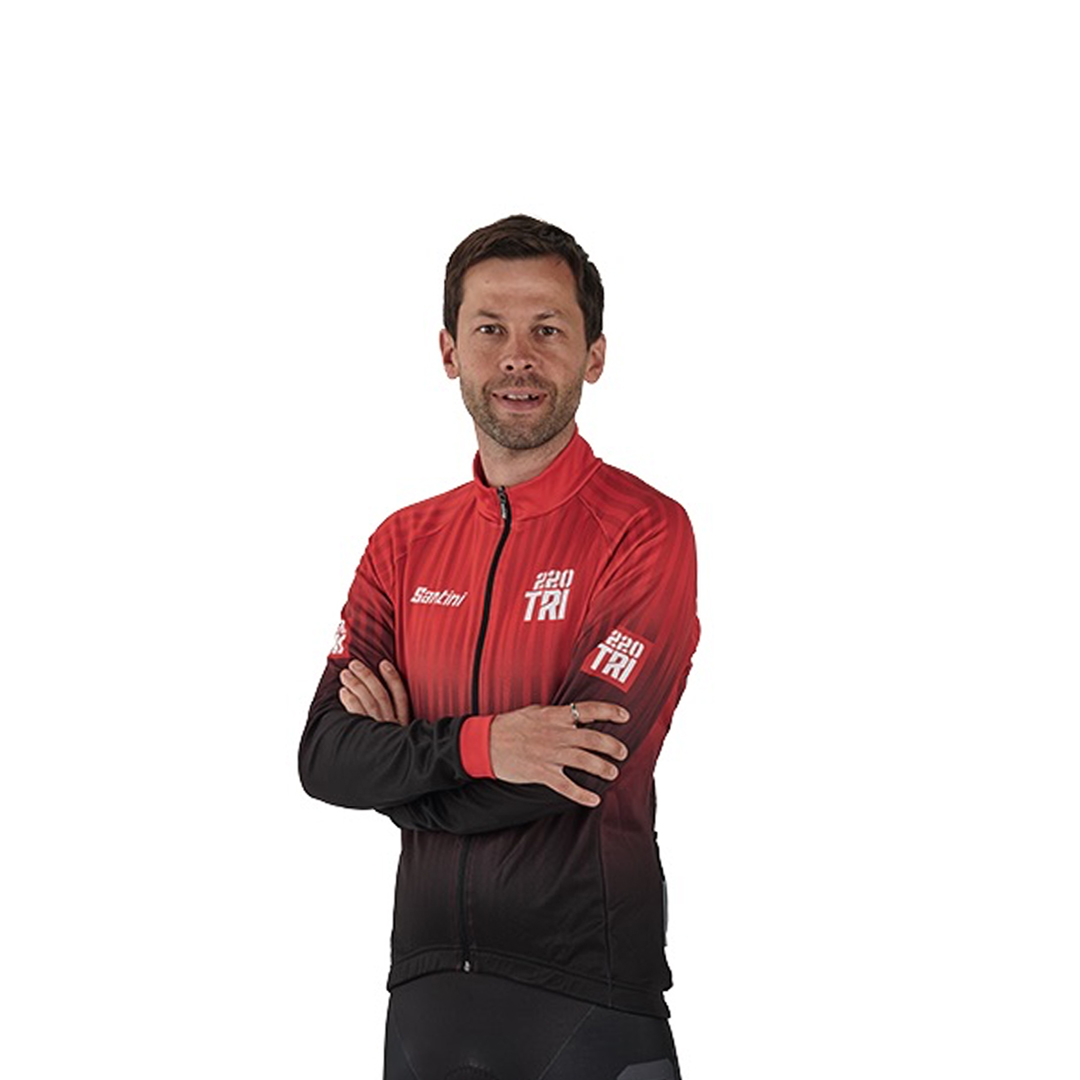Issue ID: Issue 251
He’d racked up victories galore during his Olympic-distance and fledgling Ironman career but Hawaii had eluded him. That was until 2007. Andy Blow meets the icon that is Chris McCormack…
Chris McCormack has been around since the days when Spencer Smith and Simon Lessing were duking it out on the world stage, and is still racking up wins today in the twilight of a career that has seen him perform at the highest level for 15 years.
There’s not much the 37-year-old Aussie hasn’t won but his 2007 Ironman world title is one of his most memorable successes.
Had things played out differently McCormack might well have been remembered for winning the Sydney Olympics Triathlon. But despite being the number one ranked Aussie racer in the world, he was controversially left out of their team.
Chris left the ITU circuit to race the American classics, where he uncorked an 18-month unbeaten streak that left the Australian selectors regretting their oversight.
He moved from Olympic distance to Ironman and won straight away, at Australia in 2002. He also led off the bike in Kona before melting on the run to record a rare DNF.
The Big Island proved to be his nemesis for the next three years, with a trio of DNFs. Coupled with lab-testing data this prompted a top Aussie physiologist to write off Macca’s chances of winning Hawaii as “a dream and not reality”.
The breakthrough
“My problem with Kona was my size. For an athlete who races at 78kg, success over events of 8hrs-plus in the heat and humidity of Kona is difficult. You just have to look at the winners of this race. They are smaller athletes, as heat physiology in these athletes is far superior to that of bigger individuals,” says Macca.
This fact caused him to change his strategy in 2006 to keep his heart rate lower on the bike – “148 was my magic number” – to set up for a good run where he could use his strength and speed to break his rivals.
It turned out to be a breakthrough year as he ran into second after chasing Normann Stadler down from a 10min to a 71sec lead through the marathon. Understandably, Macca saw it as a turning point: “To reinvent yourself, change the way you race and train, and then have faith in that formula when the old model has been so successful for your entire career made me very proud.”
Not everyone appreciated McCormack’s new approach of a conservative bike ride, however, and he was criticised in the media by the lively Germans Stadler and
Faris Al-Sultan.
“The big fight with Normann and Faris came because they attacked my integrity. I was furious as I’d raced these guys my entire career and they knew what I had done at other events. I vowed to return in 2007 and defeat those guys.”
Clearly the Germans had not twigged that winding Macca up was only going to make him tougher to beat and, of course, in 2007 he destroyed all with a 2:42hr marathon, in stifling hot conditions, that included a ‘relaxed and celebratory’ last 2km.
“When I was running down the Ali’i Drive finish line, I was thinking about what I’d been told by the physiologist in Australia: dreams and realities. Actually, when you watch the coverage of the event, I say this at the end. This is what I loved the most. To prove the science wrong. To prove the experts wrong.”
Ultimate recognition
In typical McCormack style, and despite the respect he has for the event, he has something to say about the fact that Ironman holds its World Championships in the same place every year: “To be honest, I felt that I won for all the big guys who’d tried to win here in the past, only to be beaten by athletes who were better built for this event.
“The nature of our sport means that only Kona is given kudos in the history books, and to many people coming to our sport, they have no idea of the greatest athletes to ever compete. Many just don’t get the recognition because they never won in Kona. And to be honest, some of the Kona champions are simply not the best athletes in the sport. They are the best in the heat.
“For me, winning in Kona allowed people to recognise all the other victories: 12 Ironman titles, seven World Cup wins, nine World Cup podium finishes, ITU world titles… But no one ever gave me recognition for this, simply because I had ventured down the path of Kona.”
Chris McCormack is living proof that belief, motivation and willingness to succeed are far more important than the opinions of the many naysayers. His story of overcoming the odds in 2007 is one that should inspire any athlete, anywhere, that they can do what they set their mind to. The sport of triathlon is lucky to have him.
Photo: Delly Carr
